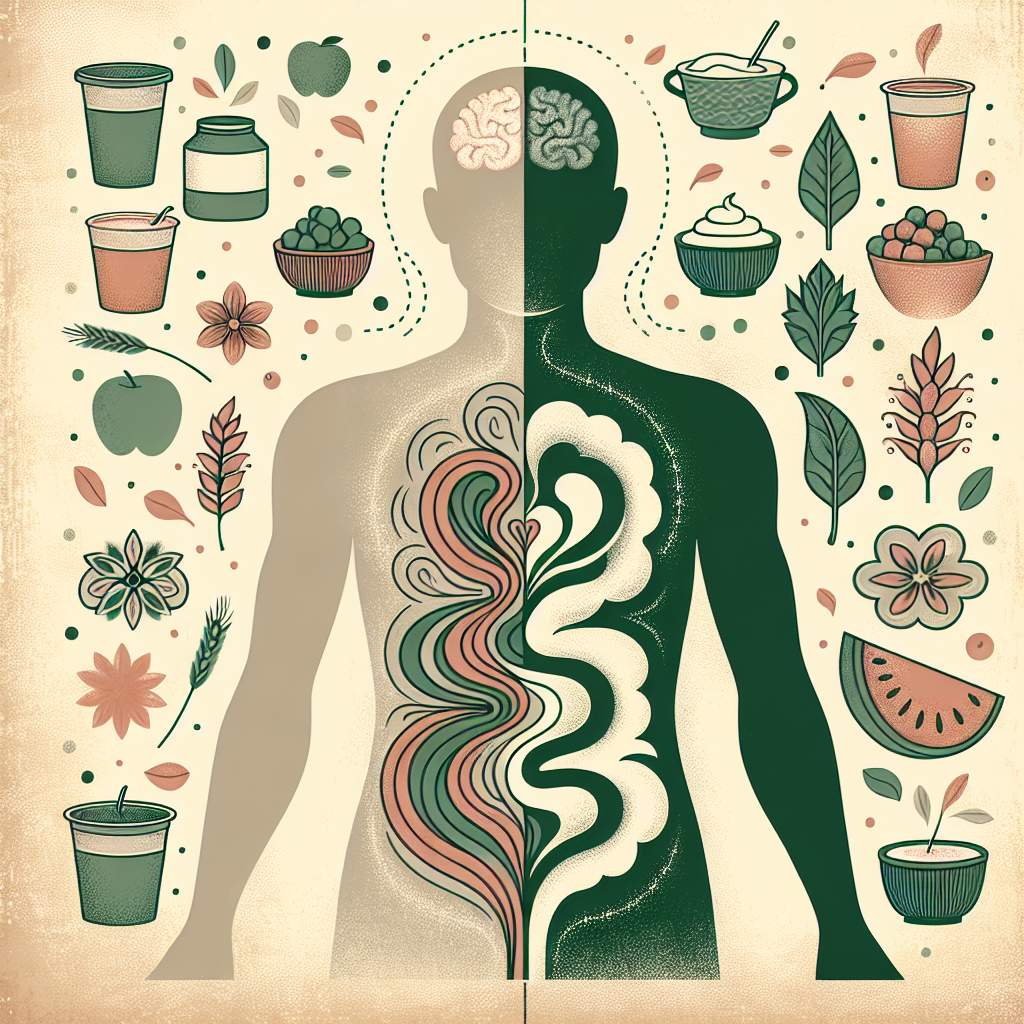### Understanding The Gut-Brain Connection: The Influence Of Gut Health On Mental Wellbeing
The human body is a complex network of interconnected systems, tirelessly working to maintain health and balance. In recent years, scientists have focused their attention on the intricate relationship between the gut and the brain, opening new frontiers in our understanding of mental health. This is known as the gut-brain axis, a concept that is revolutionizing the health sector.
**What is the Gut-Brain Axis?**
The gut-brain axis (GBA) refers to the physical and chemical communications between the gut and the brain. It essentially ties your central nervous system to your enteric nervous system—the one that controls the function of the gastrointestinal tract. This connection is facilitated through multiple pathways, including the immune system, hormones, and most notably—the microbiome.
It turns out, the trillions of microbes residing in your gut, collectively known as the gut microbiome, interact with both your brain and gut. They produce various neurotransmitters—a kind of chemical messaging system that influences bodily functions from mood regulation to digestion.
**The Impact of Gut Health on Mental Wellbeing**
Numerous studies have provided evidence linking gut health to mental health. The gut microbiome influences the body’s stress response system and may play a role in mood disorders like anxiety and depression.
In fact, some researchers even suggest that the gut microbiome can be considered an epigenetic entity—meaning it can influence the way our genes are expressed, affecting our mental health. Disturbances in the gut microbiota have been associated with neurological and psychiatric conditions, including neurodegenerative diseases and autism spectrum disorders.
**Promoting Gut Health for Mental Wellbeing**
Given the influence the gut can have on the brain, taking care of gut health becomes pivotal in maintaining mental wellbeing. Here are some ways to promote gut health.
1. **Diet**: Maintaining a balanced diet rich in fiber, fruits, vegetables, lean protein, and healthy fats promotes a healthy gut microbiome. Make sure to include prebiotic and probiotics foods to encourage the growth of gut-friendly bacteria.
2. **Physical activity**: Exercise has been found to positively influence the diversity and population of your gut bacteria and consequently improve gut-brain communication.
3. **Sleep**: Sleep deprivation can negatively impact your gut flora. Aim for at least 7-8 hours of good quality sleep every night.
4. **Stress management**: Chronic stress can trigger changes in your gut microbiota, affecting the gut-brain axis. Incorporating stress-reducing activities such as meditation, yoga, or deep-breathing exercises can help maintain a balanced gut flora.
5. **Avoid unnecessary antibiotics**: Antibiotics can wipe out beneficial gut bacteria along with harmful ones. It’s important to use them responsibly.
**Conclusion**
Our understanding of the gut-brain axis is rapidly evolving, and it’s clear that this relationship plays a crucial role in maintaining overall health and wellbeing. Promoting gut health can be a powerful tool for enhancing mental health, marking another significant step toward holistic healthcare.
The fascinating discovery of the gut-brain connection icertainly opens new avenues not only for comprehensive prevention strategies but also for novel therapeutic approaches to manage neurological and mental health disorders. However, more research is needed to fully understand the complexities of the gut-brain connection and to harness its potential in the best possible manner.


